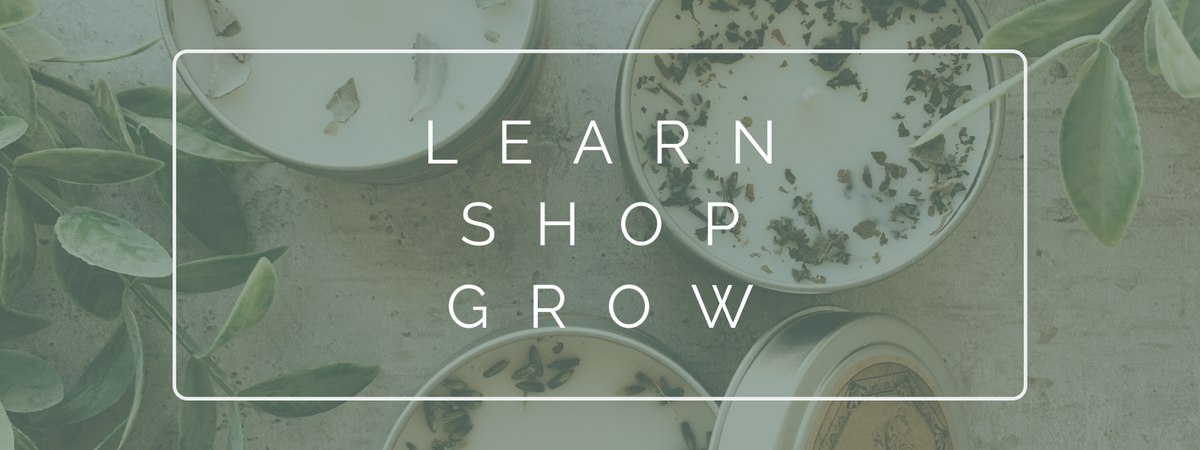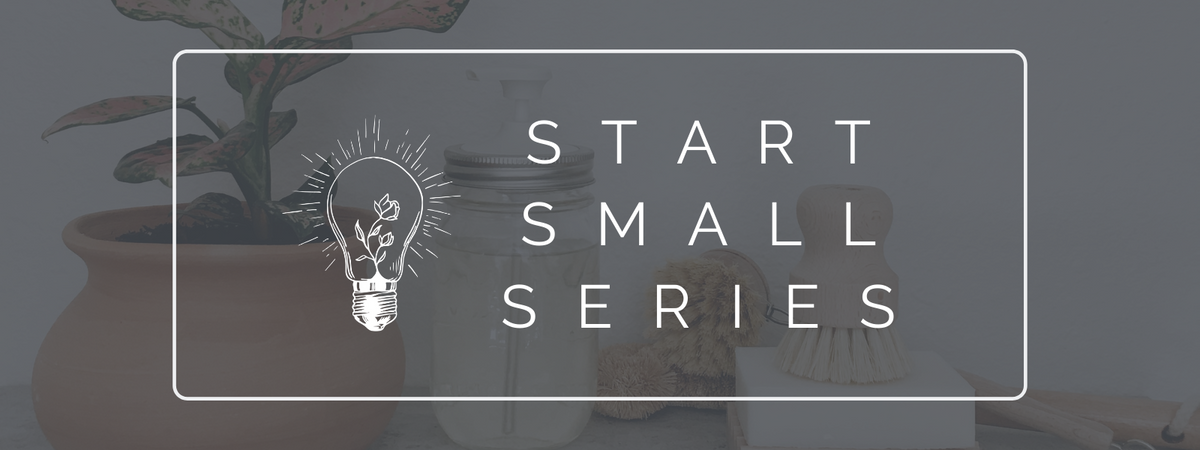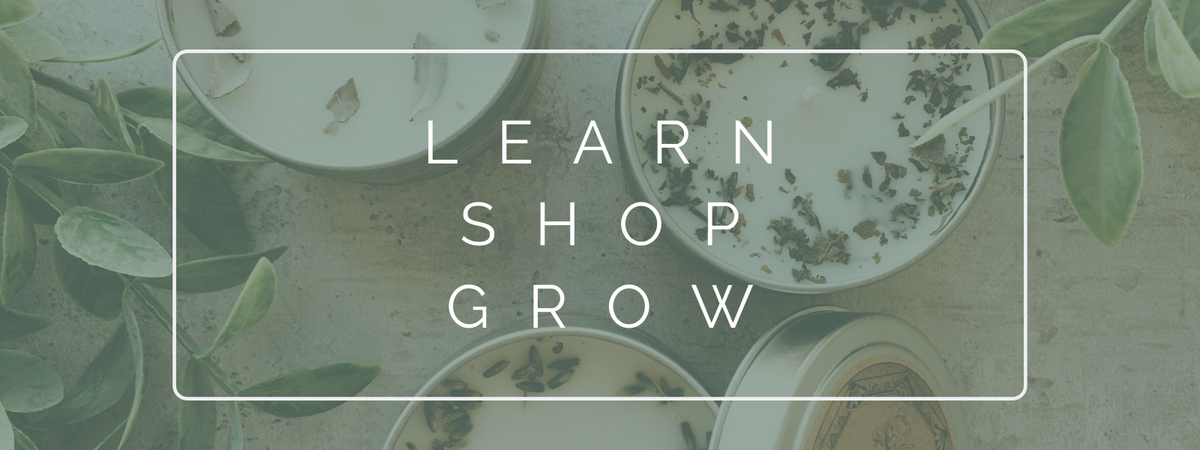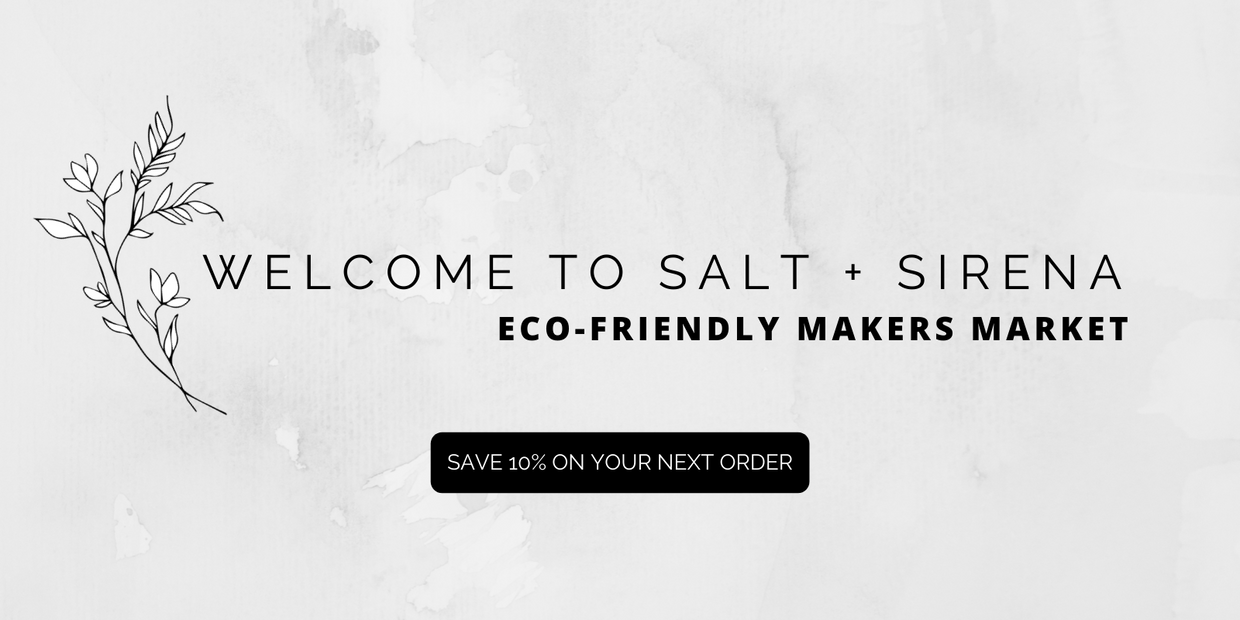Eco-Friendly Swaps for Your Home
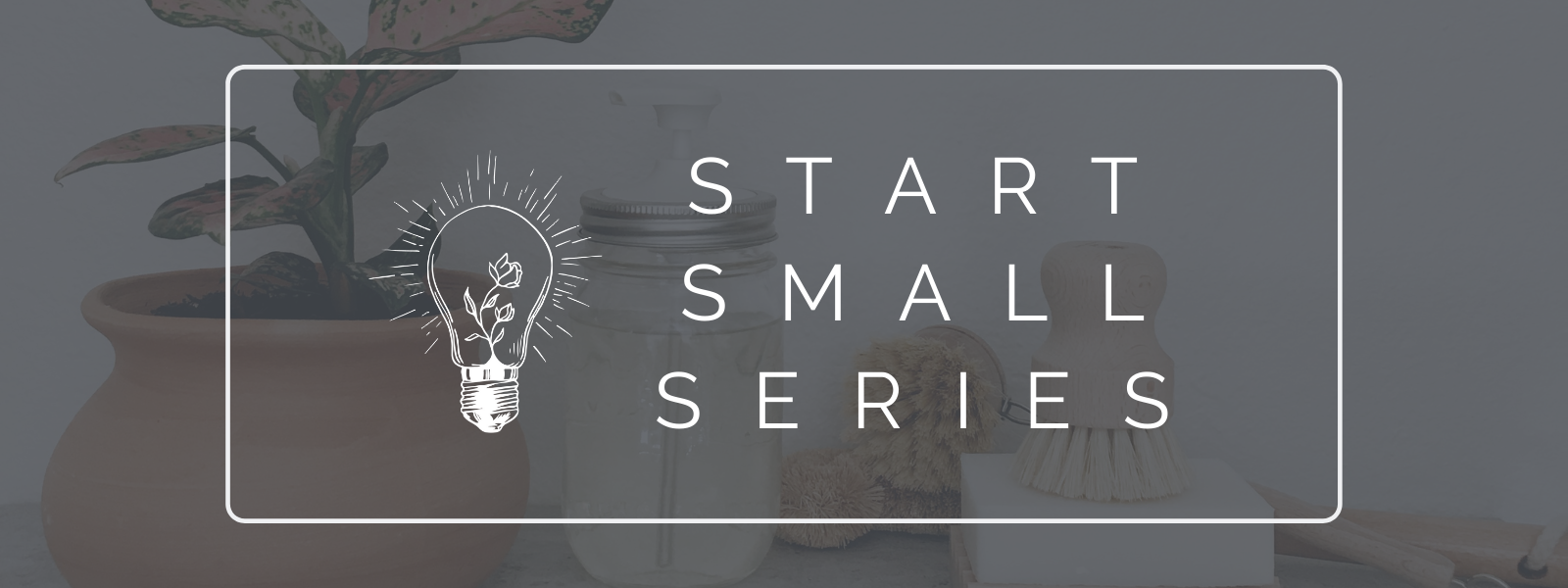
Hi friends!
I'd like to first acknowledge that while the entire world is enduring a pandemic together, we are all, individually, weathering different storms. Making eco-friendly swaps can be the absolutely last thing you care about right now. And that's okay. But just in case anyone is looking for ideas to save money, prevent extra outings, and start sustainable habits, I wanted to share what has helped my family during the quarantine.

Paper Towels and Napkins
I've talked about the benefits of reducing paper towel use before (see: Let's Talk About Paper Towels), but it has truly been a blessing during this time. We have kitchen towels, cleaning cloths, bath cloths, and cotton napkins for eating. Each category is kept in its separate bin and only used for its intended purpose. If you have easy access to a washing machine, I highly recommend switching to reusable cloths. I do one extra load of laundry every 2 weeks and only use about 0 - 3 paper towel half-sheets a week, usually for keeping produce fresh (like cilantro and lettuce) and blotting extra oil off food, if needed.
Savings: as I mentioned in my last blog post, if you go through two rolls of paper towels every week, and you’re paying $12 for a pack of eight rolls, then you’re spending approx. $156 a year.
Other Benefits: Reduce trashcan/landfill waste, and save trees!

Tampons and Pads
The more research I did on this topic, the scarier it got. Did you know that conventional pads and tampons are made from a combination of plastic, rayon, bleach, and other chemicals? Yikes!
Pads: Pads are around 90% plastic! Per a study done by Women's Voices for the Earth (WVE), Always brand pads contain several chemicals of concern, including Chloroform and 4 other carcinogens/reproductive toxicants.
Tampons: Rayon, being an artificial fiber, is abrasive, and can cause tiny cuts, embedding pieces into the cervical area tissue. "Toxic ingredients found in tampons today include aluminum, alcohols, fragrance additives and hydrocarbons. Worst of all, tampon bleaching processes leave behind dioxin." (CWHN, 2012) Dioxin is listed as a carcinogen by the World Health Organization, and can build in your body over time. Scary, right?
And I haven't even touched at how harmful these wasteful throw-away products are to the environment! Not only is there a huge carbon footprint involved in making these products, but they are single-use plastics that are clogging up landfills and sewers with harmful chemicals that end up in our Earth and in the air we breathe.
Alternatives: menstrual cups (I use the Luna cup, lasts over 1 year), washable cotton pads (bought mine on Etsy - support small business and makers!), period underwear, organic cotton pads or tampons with reusable applicators.
Savings: Since the average woman spends $13.25 a month on period products, a one-time cost of $24-$50 (depending on what you prefer), saves you approximately $135 a year.
Other Benefits: no trips to the store just to get tampons/pads (I know I've been there), easy to clean/machine washable, saves you money within a couple months.
Toothbrushes
Did you know that every single plastic toothbrush ever made is still around? And they will be for another 900 - 1,000 years. When they finally do degrade, it will just be into smaller micro plastics, which are dangerous both to humans and wildlife.
Alternative: Bamboo is a fast-growing plant that is able to regenerate, making it a great sustainable alternative. It requires no pesticides, and doesn't need a lot of water. It's also a carbon offsetter - absorbing 5 times the carbon dioxide and producing 35% more oxygen than it needs. It really is a super-plant!
(Earth) Savings: Good quality conventional toothbrushes are about the same price as good quality bamboo toothbrushes, so why not make the switch? The bamboo toothbrushes in my shop not only plant one tree for every purchase, but they also each benefit a different non-profit!
Other Benefits: Same quality of teeth cleaning while eliminating waste. Packaging is also fully biodegradable and recyclable.

Tools for Washing Dishes + Produce
Conventional sponges are made with foamed plastic polymers, which means that micro-plastics are constantly going down our drains and ending up in the ocean. Did you know that dish sponges contain more active and pathogenic bacteria than a toilet (ew) and should be thrown away after 2-3 weeks?
Alternatives:
Cotton/Bamboo Sponges (link: here) are reusable, machine washable, compostable, and will last you over a year. Much more hygienic and easy to take care of.
Agave Fiber Brushes (link: here) are great for stuck-on food, or brushing fresh fruits and veggies to clean them.
Zero-Waste Vegan Dish Soap: 100% vegan and palm-oil free. Can be used all over your home, lathers great, and cuts grease. I can personally attest to how amazing this soap is! Lasts an average of 6 months with one-person use.
Saving (Earth): I'm not going to lie - conventional sponges are pretty cheap. You can get a 4 pack for $1.99. But personally, I think it's worth an extra $8 a year to prevent micro-plastics from ending up in our oceans and marine life.

Cotton Produce Bags + Food Savers
Food waste is a touchy subject for me. I feel a lot of shame and regret when I accidentally let food go bad in the fridge or pantry, and I'll often eat the same meal for several days in a row to avoid throwing any food away. Knowing how many families go with less food than they need (1 out of every 9 people in the world are malnourished), this concern has been brought to the forefront during this quarantine.
A few tips/suggestions that have helped me:
Eat your leftovers! In fact, I suggest you purposefully make plenty of lunch/dinner to have a whole other meal. Saves time, money, and reduces waste.
Meal plan! Take a few minutes to plan your shopping list, and get creative with your meals. Using the same ingredients for a week saves you prep time, money, and reduces waste.
For example:
Breakfast: sweet potato, broccoli, zucchini, shredded carrots and an egg
Lunch: broccoli, zucchini, shredded carrots in a pita or tortilla wrap with turkey/cheese/spinach/whatever you want!
Dinner: pasta mixed with zucchini noodles, pesto, broccoli, and protein
Store bread in the fridge! The top five most wasted foods are bread, milk, potatoes, cheese and apples. Only buy what you need, and store in the fridge to prolong their life. If you have extra potatoes, fried potato tacos are a family favorite around here! Add sour cream or plain Greek yogurt, lettuce, cheese, and salsa for a yummy dinner option.
Store fruits and veggies in cotton produce bags! Not only does produce last longer in cotton bags, but you're also not bringing home single-use plastic bags from the grocery store. Extra benefit: they are machine washable and reusable.
Food Savers: more like life savers. Perfect for keeping half-used fruits and veggies fresh, including bananas and avocados. Also work as lids on glass containers, like a mason jar of overnight oats!
Savings: The average household throws away 31.9% of their food, costing each family approximately $1,800 a year. We can and should do better!
Other Benefits: saves approximately $172 billion in wasted water, reduces methane in landfills.
Part II of Eco-Friendly Swaps for Your Home coming soon!
Please reach out to me if you have any questions, suggestions for something to add, or if you'd like to swap tips! Stay safe, friends! Take care of yourselves and each other.
Leave a comment
Comments will be approved before showing up.


